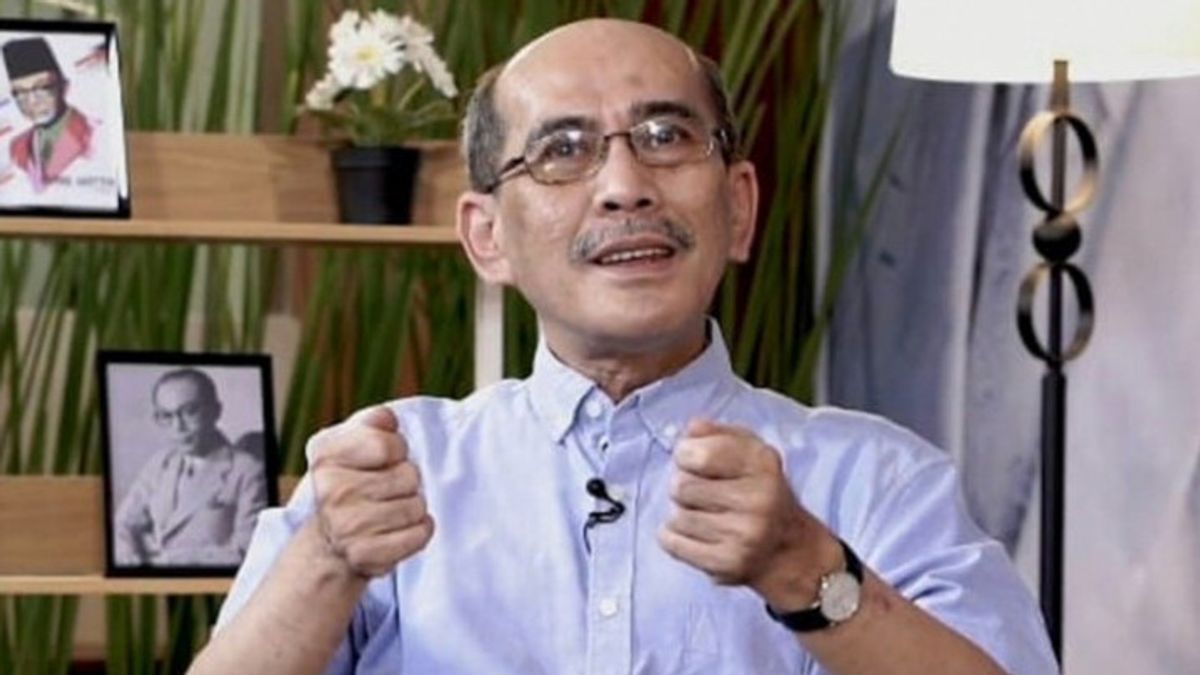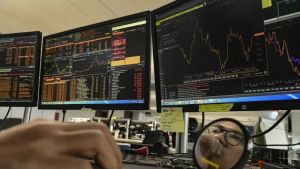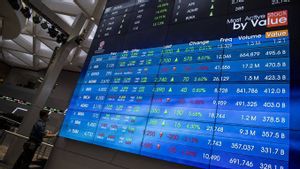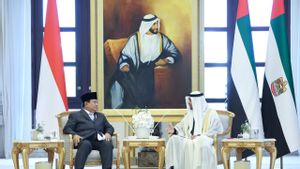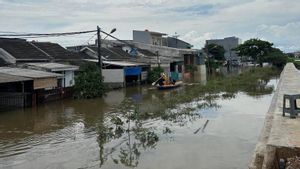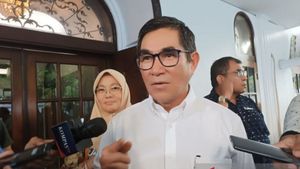JAKARTA - Senior economist Faisal Basri believes that the cooking oil problem that has occurred in the last few months is the government's own fault. The government causes the price to scarcity of cooking oil supply in the market.
"The government itself, ouch, sorry for creating a shortage and confusion of cooking oil," he said in a virtual discussion, Thursday, April 7.
According to Faisal, the government's policy on prices and taxes has triggered a spike in cooking oil prices and has even caused a shortage in the market. The policy in question is to impose a tax rate on exporters who want to sell crude palm oil (CPO) abroad.
For example, increasing export taxes. So the price purchased by the importer is at 100 US dollars, but the exporter gets 75 US dollars, because the 25 US dollars goes to the government's pocket.
"The government says that if you sell your CPO to a biodiesel factory, the price is international and export tax is not deducted. If you sell it to cooking oil, the price is 75. But for biodiesel the price is 100 US dollars," he said.
According to Faisal, this policy ultimately makes entrepreneurs sell more to biodiesel factories than to CPO factories that process cooking oil.
As a result, the supply of CPO which is processed into cooking oil is very limited so that the price soars in the market.
"It was the government that made a tantrum. It was the two-price policy," he said.
For your information, the government has raised export duties for entrepreneurs who will export CPO. The tax issued by the entrepreneur is used to provide subsidies to bulk cooking oil through BPDP-KS funds.
The government has set the highest retail price for bulk cooking oil to increase from Rp11,500 per liter to Rp14,000 per liter. Meanwhile, the price of premium packaged cooking oil is set to follow the economic price.
Even so, the price of bulk cooking oil is still more expensive than the HET set by the government. On average, traders sell for more than Rp. 20,000 per liter in the market.
The English, Chinese, Japanese, Arabic, and French versions are automatically generated by the AI. So there may still be inaccuracies in translating, please always see Indonesian as our main language. (system supported by DigitalSiber.id)
